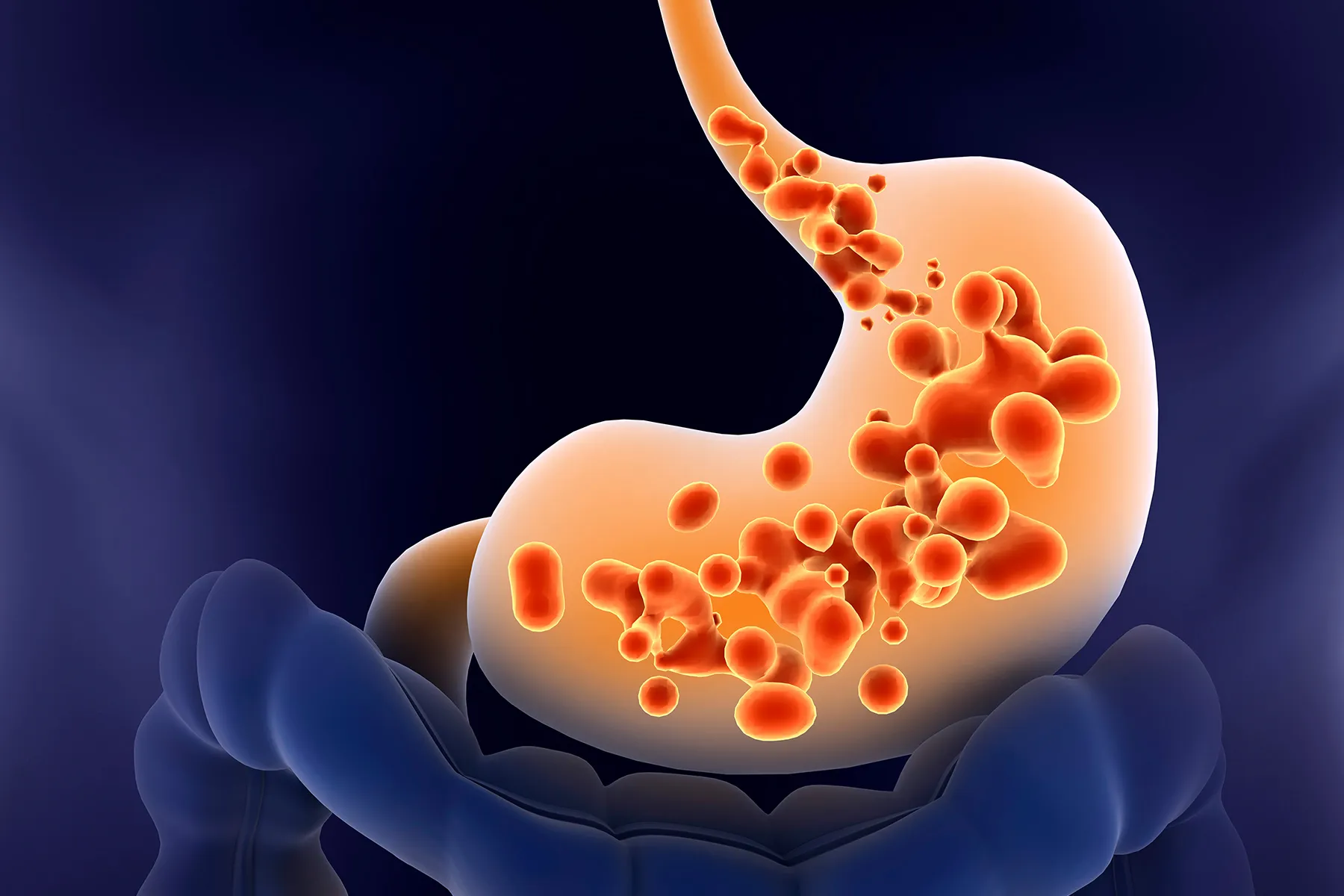Outcomes after treatment with proton pump inhibitors in patients with ineffective esophageal motility: A systematic review
۲۷ آبان ۱۴۰۴
33 بازدید
بدون دیدگاه


Abstract
Background:Ineffective esophageal motility (IEM) represents the most common esophageal motility disorder among patients with gastroesophageal reflux disease (GERD). To date, no treatment has conclusively demonstrated efficacy in restoring esophageal motor function in these individuals. This systematic review evaluated the effectiveness of proton pump inhibitors (PPIs) in improving manometric parameters in patients with GERD diagnosed with IEM.
Methods:This systematic review was performed according to the PRISMA guidelines. We conducted comprehensive searches of electronic databases, including PubMed, Embase, and Scopus until January 2024 to identify relevant randomized and non-randomized controlled trials. Criteria for study inclusion were based on the population, intervention, comparison, and outcome framework.
Results: A total of 9 studies met the inclusion criteria, comprising eight non-randomized controlled trials (non-RCTs) and one randomized controlled trial (RCT). Out of 305 recruited patients with a diagnosis of GERD, 184 patients matched the diagnosis of IEM with manometric studies before and after a PPI treatment. PPIs used in the studies included omeprazole, pantoprazole, lansoprazole, and rabeprazole. The duration of treatment ranged from four to twenty-four weeks. Except for one study, there was no statistically significant improvement in manometric parameters following PPI treatment.
Conclusion: Evidence from included studies indicates that although PPIs are effective in healing esophagitis, they do not consistently improve esophageal motility, irrespective of the PPI type, dosage, or treatment duration.
آدرس: اصفهان، اتوبان آقابابایی، خیابان سپهر، شهرک سلامت اصفهان، طبقه سوم
تلفن: 35548151-031 داخلی 602
شماره موبایل: 09024265006
ایمیل: pddrc.com@gmail.com